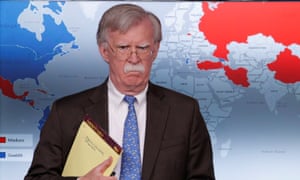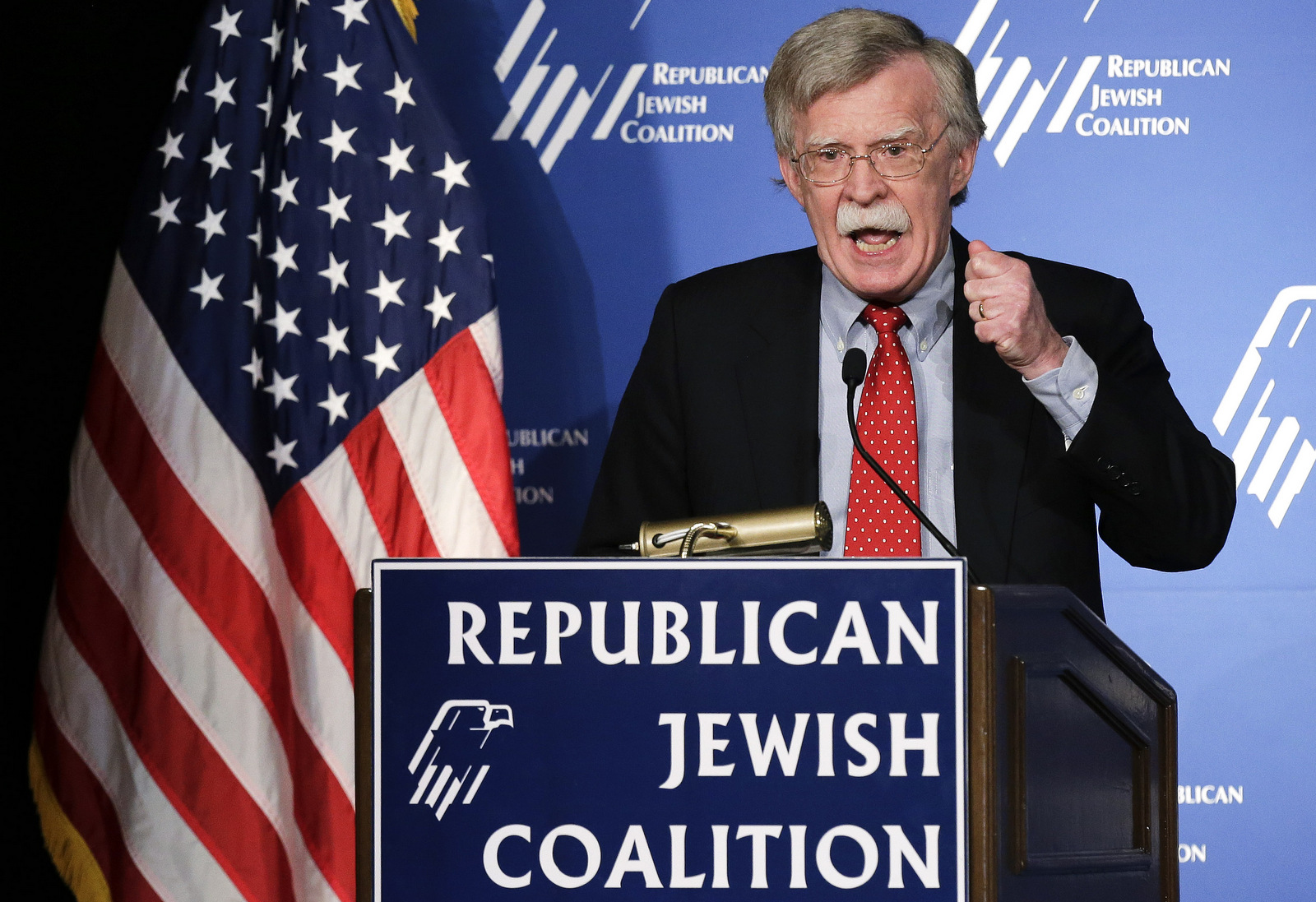- Joined
- Feb 8, 2009
- Messages
- 18,253
- Reaction score
- 12,125
Common international rules and standards is a hallmark of globalism and not nationalism, no? Wouldn’t a nationalist be much more likely to consider themselves above such norms or standards?
That's the thing though, Zionism was one of the first movements of a truly "global scale" and had a big impact in bringing these common rules and standards to come about, because of the funding and support that Jews gave the Zionist movement from all the corners of the world, requiring a level of co-operation that was rarely seen before, by any group of people. So while its intention was to bring about a national homeland for Jews scattered around the world, it also had a "global" aspect to it, requiring global co-operation, and can't simply be observed as just another nationalist movement.
Many of the prominent supporters of the Israel regime do not operate out of Israel, but in other nations, which is not necessarily the case for, let's say, Palestinians.
Any separatist nationalist movement, whether it be Palestinian, Irish, Basque, etc. has relied on international support as well. That’s not unique to Israel. America had the French. Sometimes it’s outright foreign invasion like in Crimea. Wouldn’t the ethnic Russian separatists in Crimea be nationalists? The nationalist is not always “the little guy.”
edit: btw I don’t think nationalism is an inherently bad thing, but I just don’t think globalism is either. And I think globalism is a term that recently seems to be misused constantly. I think of the two as complementary opposites. The world needs both to function.
edit2: and sorry about all the edits! My attention is divided right now haha. Cheers.
The problem as I see it is that all the conflicts nowadays tend to be "global" in their scale rather than merely national. It's not just, let's say, Iran or Iraq beating their chest and trying to establish a pecking order, but whenever a conflict occurs, it inevitably brings about players from all continents, trying to establish their vision of a "global hegemony", a world order that they believe to be good for everyone involved.
That's why I'd personally be more critical of globalism than nationalism right now, because we are living in a more of a "post-national" and global era, with a new phenomenon occurring, that has not been as carefully and elaborately criticized as nationalism.
None of this means that nationalism is a flawless concept, incapable of bringing about death and destruction, but it's in many ways a "known" issue, while the scale of death and destruction potentially brought about by "globalism", is as of yet unknown. We know that while larger structures have been more and more capable of bringing about peace and order regionally, they have also, always, gradually increased the scale of the conflicts that humans have partaken in. From the tribal stage, to petty kingdoms, and nations-states, and now, eventually the global scale.
We should certainly be very wary of the "scale" of conflict that could occur under a global world order. What might occur if two competing "world ideologies" come to conflict with one another? The Cold War, I suppose, was our first taste.
We cannot, for example, expect the Chinese to bow down to our ideas, any more than we can expect ourselves to bow down to theirs. So conflicts of interest are bound to occur between people who wish to increasingly assume responsibility for bringing about a world order, not just a national order. And many nation-states are bound to become just chess-pieces in a global chess-game played by people who wish to determine the future of the entire world, not just parts of it.
Last edited:







